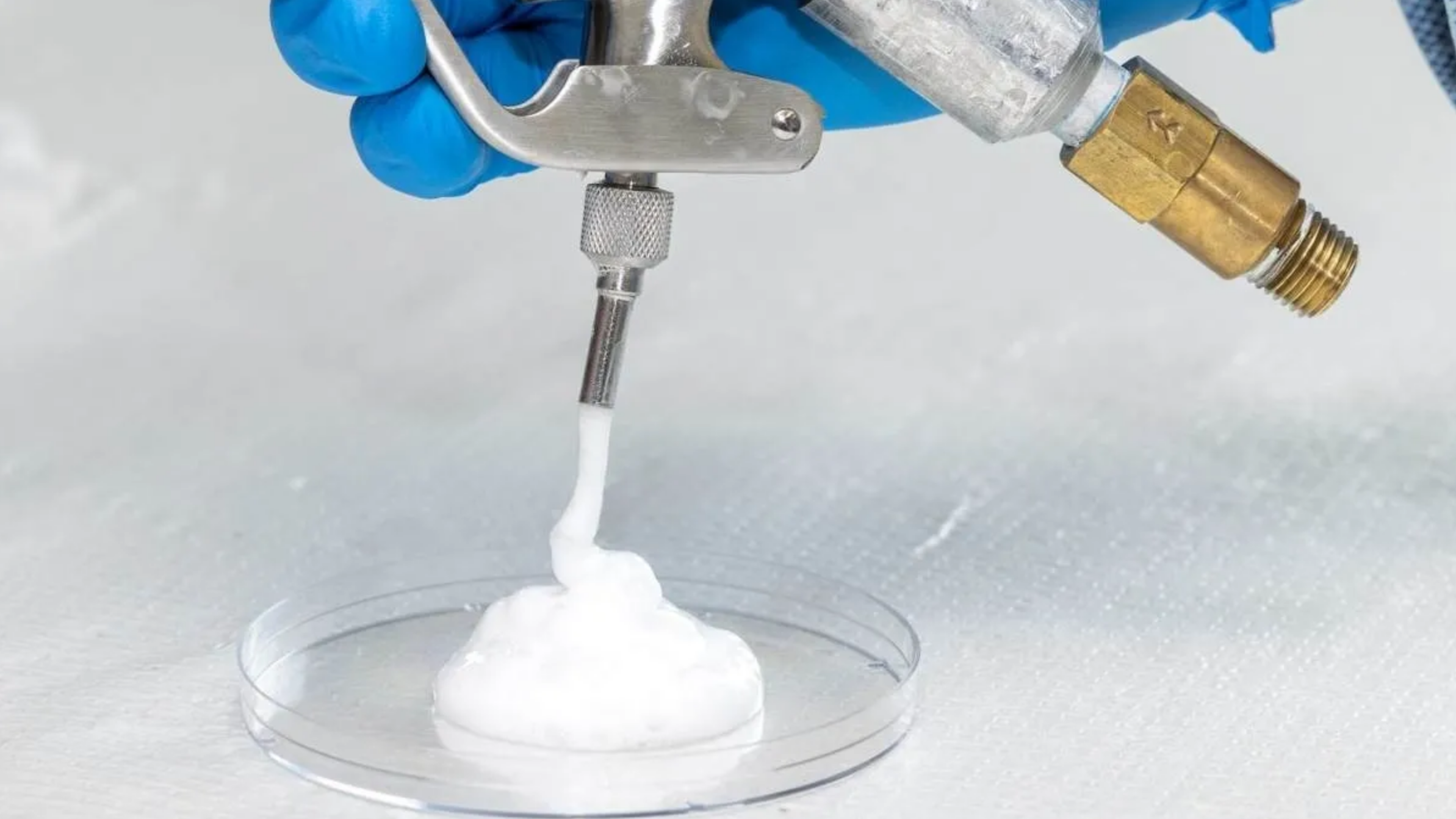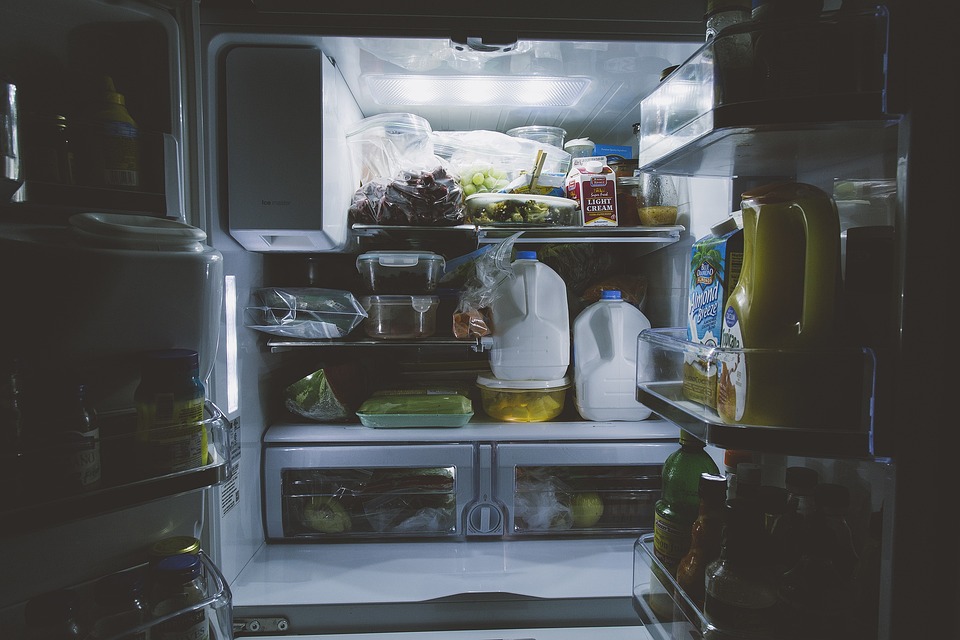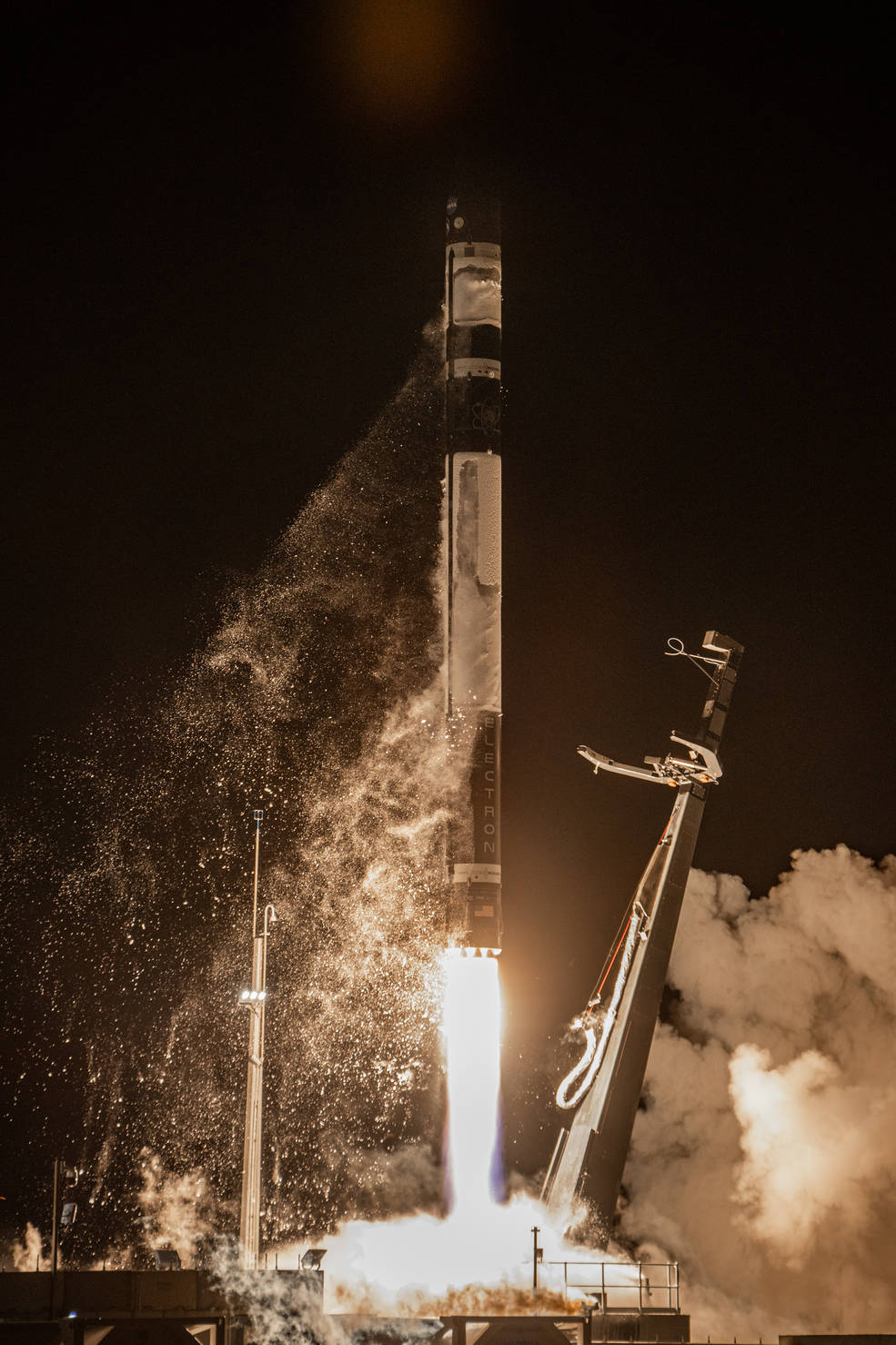Carbon monoxide (CO) is generally known as a toxic gas that can be harmful to humans at high concentrations. However, in a groundbreaking development that holds the potential to transform cancer treatment, scientists have employed a culinary method to produce a foam infused with carbon monoxide, enhancing the efficacy of cancer treatment, known as autophagy inhibition.
Autophagy Inhibition in Cancer Treatment
For decades, researchers have observed elevated autophagy, the cell’s intrinsic recycling system, in cancer cells compared to healthy ones. This observation suggests that inhibiting autophagy could potentially serve as a strategy to specifically target cancer cells.
Surprising Observations about the Influence of Smoking on Autophagy Inhibition
However, outcomes from nearly 20 clinical trials evaluating autophagy inhibitors have been inconclusive. Seeking clarity on the variable effectiveness of autophagy inhibition, researchers made a surprising observation – in two previous trials, smokers appeared to fare better than non-smokers when treated with autophagy inhibitors.
Creating Carbon Monoxide-Infused Foam for Cancer Treatment
Using a popular culinary technique, a whipping siphon, the research team from the University of Iowa Carver College of Medicine developed a consumable foam enriched with carbon monoxide. When paired with autophagy inhibitors, this foam notably diminished tumor growth and advancement in mice afflicted with pancreatic and prostate cancers. Additionally, it demonstrated a substantial anti-cancer impact on human lung, prostate, and pancreatic cancer cells in laboratory settings.
This advancement presents a promising strategy to enhance therapies for various cancers, offering a potent tool in the global fight against this devastating disease.







